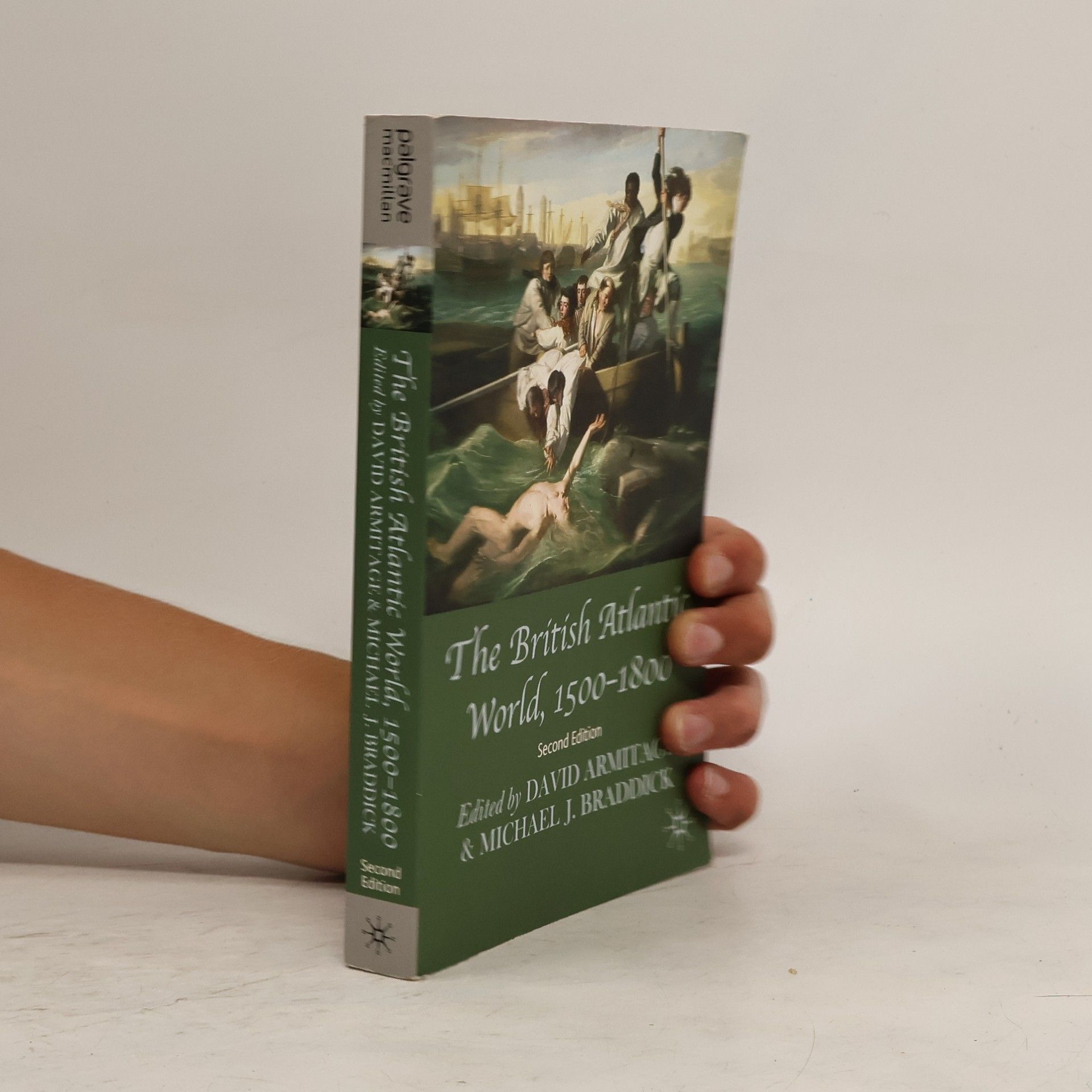The Long Land War
- 608 Seiten
- 22 Lesestunden
A definitive history of ideas about land redistribution, allied political movements, and their varied consequences around the world
David Armitage ist ein englischer Historiker, der für seine Beiträge zur internationalen und intellektuellen Geschichte bekannt ist. Seine Arbeit befasst sich mit den grundlegenden Konzepten, die das globale Denken und die internationalen Beziehungen prägen. Mit einem tiefen Verständnis historischer Prozesse bietet Armitage aufschlussreiche Perspektiven auf die Entwicklung von Ideen und politischen Strukturen im Laufe der Zeit.






A definitive history of ideas about land redistribution, allied political movements, and their varied consequences around the world
Mr Grinling loves to eat, and Mrs Grinling is the best cook in the whole world. She puts on a truly scrumptious spread for the village picnic, but later Mr Grinling wishes he hadn't eaten quite so much...
This text was the first edited collection on the burgeoning history of the early modern Atlantic world and has had a huge impact on the many fields of Atlantic Studies. This second edition features two new essays on science and global history respectively, as well as a revised Introduction and updated guides to further reading.
Exploring British views on empire from the 1540s to the 1740s, this book delves into the evolution of imperial thought and its impact on society. It examines key events, figures, and ideologies that shaped Britain's colonial ambitions and interactions with other cultures. Through a thorough analysis, it highlights the complexities of British imperialism and offers insights into how these historical perceptions continue to influence contemporary discussions on empire and identity.
A seemingly ordinary cornflake takes center stage in this whimsical tale, revealing its extraordinary journey and significance. Through a blend of humor and imagination, the story explores themes of uniqueness and the hidden magic in everyday objects. The narrative invites readers to see the world through a different lens, celebrating the charm found in the mundane and encouraging a sense of wonder.
Every day, Mr Grinling the lighthouse keeper cleans & polishes his light to make sure it shines brightly at night. At lunchtime he tucks into a delicious lunch, prepared by his wife. But Mr Grinling isn't the only one who enjoys it. Can Mrs Grinling stop the greedy seagulls stealing the lighthouse keeper's lunch?